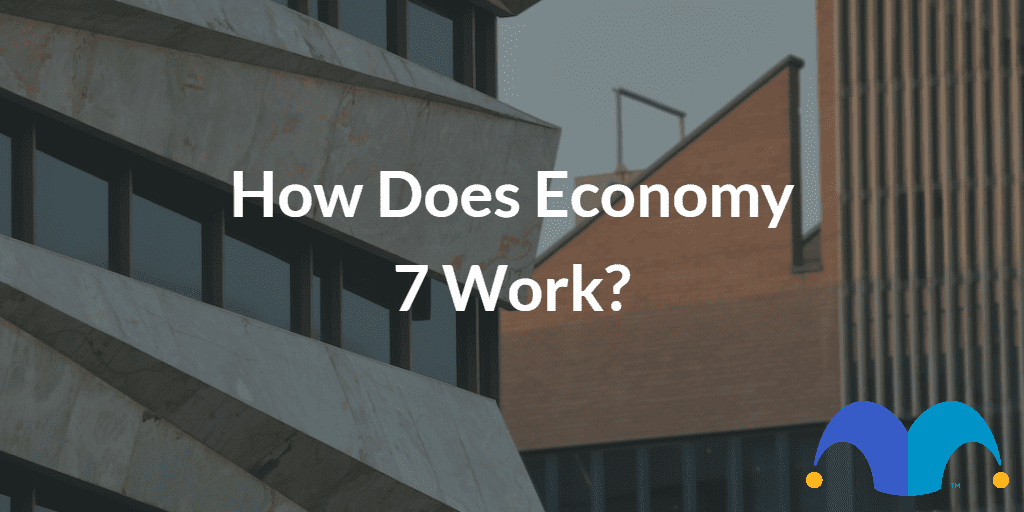It’s hard to keep track of electricity usage, even with a smart meter. What happens if you are on an Economy 7 meter? Find out how it can save you money on your energy bill, or possibly cost you more.
Economy 7 tariffs
Power stations produce a surplus when most of us are asleep, so Economy 7 offers a discount overnight.
Consumers are charged much less for electricity used during seven off-peak hours, usually between midnight and 7am. It’s important to note that outside of the 7 ‘economy’ hours you should expect to pay more for electricity than on a normal tariff.
Not all Economy 7 tariffs have the same off-peak times. The times also change with the clocks when they go forward and back in the spring and autumn respectively.
If you have just moved into a house with night storage heaters, you may wonder what an Economy 7 meter is. Storage heaters use electricity during the night and release stored heat for the home during the day. Similarly, immersion water heaters warm up overnight at a cheaper rate, ready to supply hot water in the morning. Therefore, heating and hot water are obtained at a cheaper, off-peak price.
There are additional ways to save money on an Economy 7 tariff, but it’s worth checking whether you would actually be better off on a flat rate tariff. To save a reasonable amount of money with Economy 7, at least 40% of your electricity usage must be off-peak.
Homes with gas or oil central heating are unlikely to benefit from Economy 7.
What does an Economy 7 meter look like?
An Economy 7 meter can be recognised by its two sets of numbers. One reading represents the ‘Normal’ (day time) usage and the second ‘Low’ reading displays the off-peak (night) usage.
It is not possible to be on Economy 7 if your meter only has one row of numbers. In this situation, if you want to change to Economy 7 would need to contact their energy supplier to have their meter replaced.
To confirm whether you are on Economy 7, take a look at your electricity bill. The Meter Point Access Number should start with a ‘2’. Economy 7 bills record separate figures for peak and off-peak supply.
Just because there is an Economy 7 meter in a property, the householder isn’t necessarily on an Economy 7 tariff. The supplier may charge the same per kWh throughout the day and night.
Are economy 7 meters worth it?
It takes a little planning to make sure that at least 40% of your electricity usage is at night. The more you use in the small hours rather than in the day, the more money there is for the piggy bank.
- Check that your immersion water heater is on during the economy hours, and off at peak times. Your hot water tank should be well lagged (wrapped in insulation).
- If you are on a low income, take advantage of the grants available to replace inefficient storage heaters for free.
- Use timers on appliances to set them to run during Economy 7 hours.
- Avoid using electricity as much as possible during the day, when it is more expensive.
Some families may think the extra savings may not be worth the inconvenience of running the washing machine at 3am. If you are stoical and only have the heating on from November to March, you could be ‘saving’ less on Economy 7.
It’s worth noting that Economy 10 works in the same way as Economy 7, but has more flexibility. There are usually five off-peak hours overnight, three in the afternoon, and two in the evening.
Comparing energy tariffs
It’s easy to spend too much on energy without realising it, particularly as rates and tariffs can be confusing. Check comparison sites, such as Confused.com or GoCompare, and look carefully at the cost of both the night and day rates.
It’s a good idea to incentivise cutting back on electricity. You could also consider ringfencing any savings by putting the amount into a savings account.
